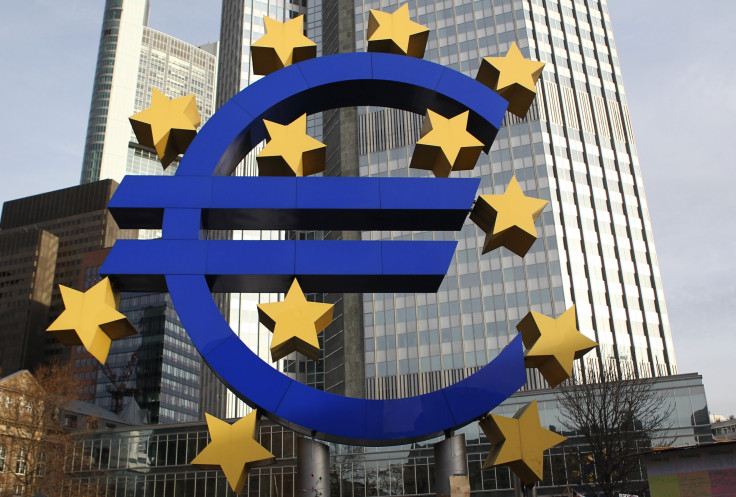Housing Sales And The Euro Struggling To Recover As Other Assets And Investments Make Huge Rebounds Since Financial Crisis

Just three months after Lehman Brothers filed for bankruptcy in September 2008, global investments lost value at an unprecedented rate. For example, the S&P 500 lost 27 percent, equity real-estate investment trusts lost a huge 43 percent and crude oil plummeted by 52 percent. Five years later, they have all bounced back up by 58 percent, 40 percent and 22 percent respectively.
Among the big gainers since the crash have been farmland and Apple Inc. (NASDAQ:AAPL) stock, jumping 82 percent and 246 percent respectively.
Nearly every investment instrument has gained value since the crash, except two: U.S. house prices and the euro currency. The euro has experienced a volatile ride since April 2008, when it started to plummet from 1.58 euro on the dollar to 1.2 in June 2010. Since then it has been up and down but has stabilized somewhat at 1.329 on the dollar.
“The euro in many ways serves as a proxy for the European economy,” said Adam Sarhan of Sarhan Capital. “Over the past five years, the European economy has been plagued with a one problem after another: They had a double-dip recession, drastic austerity measures, social unrest and several large bank failures, to name a few. They are still recovering, and the euro reflects that.”
The housing market, on the other hand, seems to have threatened a recovery in the U.S. in recent months, shooting up by 2.25 percent to $201,000 (median), its biggest increase in five years, but has yet to get above its 2007 peak of $226,000, according to the federal Commerce Department.
“The U.S. economy suffered a Great Recession, but the U.S. housing market in many ways was in a depression,” said Sarhan. “That is why the recovery is taking longer than expected. Before Lehman the housing market was in a bubble, and that bubble burst, which played a major factor in causing the entire 2008 financial crisis.”
One of the byproducts of the housing bubble was an excess supply of homes. Sarhan says the market has to work through that supply before housing prices can fully recover. “The other component to determining price is demand. Demand has been low because the overall economic recovery we have seen since 2009 has been anemic,” he noted.
Experts are expecting home sales to return to pre-2007 levels at the end of this year, but the euro has a lot longer to go before it commands the same value anytime soon.
© Copyright IBTimes 2025. All rights reserved.






















